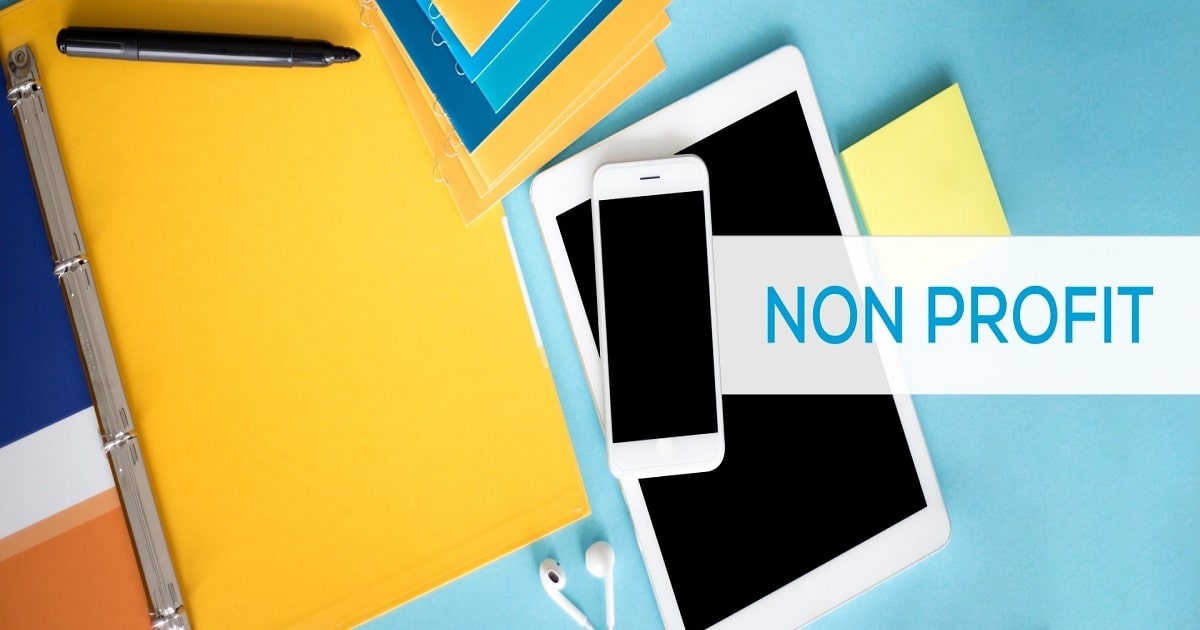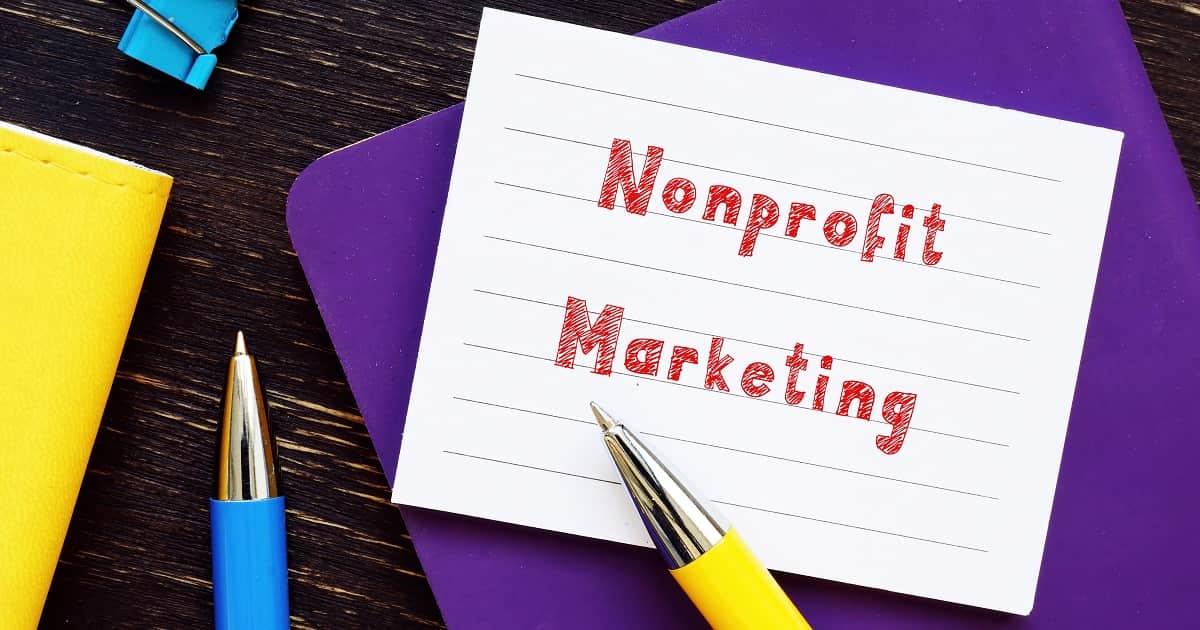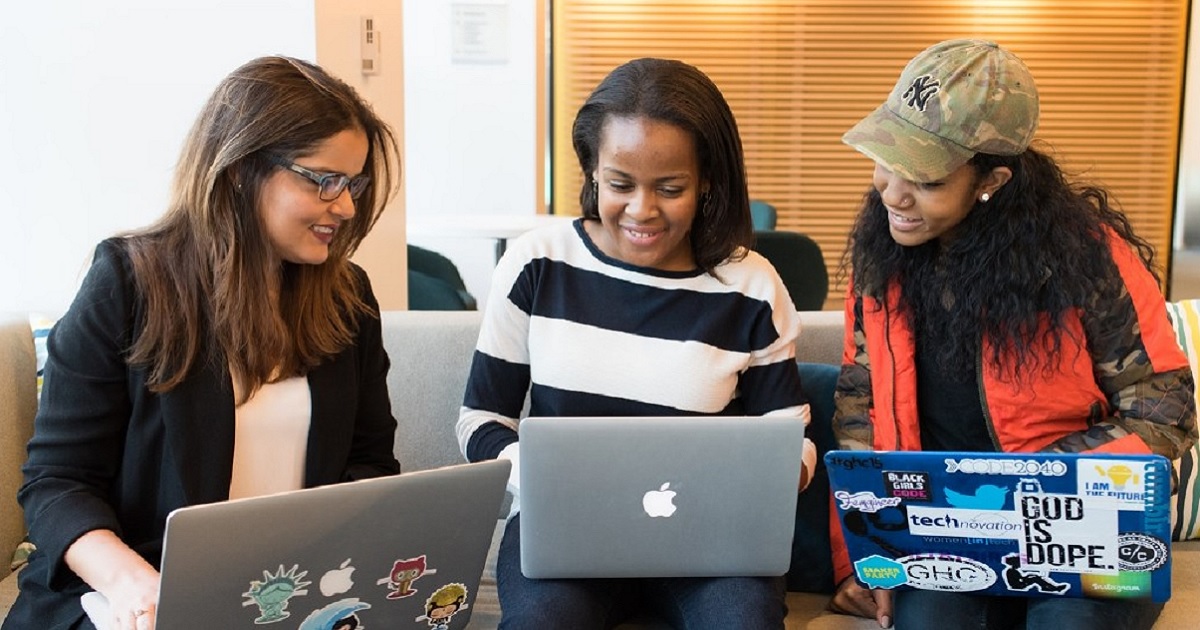
Nonprofit Management
Article | July 14, 2022
Data is the new currency boosted by artificial intelligence and the pandemic — obviously impacting society in small and significant ways, such as with immense data collection. It's an asset that we all have (our information), and it's precious to governments, corporations and, yes, nonprofits. But not everyone is using data wisely (e.g., safeguarding it), and some are taking advantage of this opportunity.
As a result, data gets compromised and put at risk of being stolen or misused, including by nonprofits who haven't invested in cybersecurity. In short, we've reached a moment where the privacy lights are blinking red, and nonprofits must invest in cybersecurity. Protecting donor data is no longer just something nice to do. It's essential, and donors will move away (as well they should) from nonprofits that don't protect their information by having transparent and clear data policies.
To put this in perspective, think of companies like Facebook and Google. They know your full name, location, interests and more about you (and your donors) than you might think. These large corporations also know everything about what you do online: where you've been online and who you've chatted with (and when). Inevitably, nonprofits are getting on the data bandwagon to better target and predict how and when donors will give.
And while a growing number of tech companies provide fundraisers with much better insights and abilities to raise more money with the use of data, we need to ensure there's a balance. Moreover, nonprofit leaders must know what's involved in obtaining and securing donor data.
Data Is the New Gold
Data is a commodity for all organizations, from small businesses to Fortune 500 companies and nonprofits. About 97 zettabytes of data exist now, and by 2025, it will nearly double, which is astounding. And we're in a time when you have to use data information to grow and sustain your organization to compete and stay afloat. In other words, it's not an option.
However, it’s vital to internalize the message that data is the new gold in the digital era, and it needs to be protected. In other words, cybersecurity is critical. First, the world had the GDPR, which affected U.S.-based companies and nonprofits. Then California created a privacy law, Virginia, and recently Colorado, with other states following.
Protect Your Data From Corporate Invasion
We need to understand where and how it gets collected to protect everyone's data. In other words, nonprofit leaders don't get a pass on the fact they can't understand technology. No one's saying you have to learn how to code, but you do need to understand the implications of the data your organization collects. For instance, your marketing team probably has Google Analytics set up. As a leader, you need to understand what information gets collected because sooner or later, your donors will ask you.
You should understand if and how your web presence collects data, such as the location, operating system, browser type and more from those who visit your site. You should realize that nonprofits, and probably your own, use that information to cater ads and increase conversions on their sites.
For example, suppose a donor visited a New York City education nonprofit’s website last week, and now the same donor visits a nonprofit school in Boston. In this case, the one in Boston will know that visitor is highly interested in education since it’ll recognize the browser the visitor used. Even with the most basic tracking and data collection, the chances are that your organization collects this information by using something called "cookies," which store information on a computer or mobile device when someone browses certain websites.
Google has an advertising network where advertisers can place ads related to what Google thinks you're interested in — based on things like what websites a person visited or what YouTube videos they watched. Advertisers, including nonprofits, pay Google every time someone clicks on their ads. Google also uses cookies to track browsing habits to show these targeted ads across different devices (e.g., computers, tablets, phones). Although the use of cookies is evolving, the point is that donors know this. Do you?
Stop Corporations From Tracking You and Your Donors
If you want to keep data safe on the internet, it's vital to curb certain behaviors. First and foremost, realize that the information captured on social media and the engagement from your followers gets transmitted to Google and Facebook, for instance, which, in turn, sells all of it.
Second, think about the tools you're using online to engage with donors. For instance, do you want the Facebook Messenger service or chatbots communicating with your donors and collecting their data? It's essential to inform and obtain consent from your donors on how you collect and use their data and make them aware that things aren’t so simple with social platforms, for instance.
Use Services That Don't Collect Unnecessary Data
One way to safeguard nonprofit communication data is by using services that don't collect any information. For instance, instead of using SMS texts to communicate with your donors, how about using encrypted platforms, such as Signal? Be careful with WhatsApp, as Facebook owns that one. Sure, these services may be a bit more of an inconvenience, but they don't collect personal information, which donors will appreciate.
Beware of Free Services and Applications
In the digital age, nearly everything has a price. Platforms like Facebook and Google offer you a "free" service in exchange for information. As the saying goes, if you're not paying for it, then you and the data are the product. It means that when you use these services, they give your nonprofit data to advertisers — for a fee from which you do not benefit — to make money off of your donor data and information. Conversely, nonprofits need the data to reach and better interact with donors in the digital age. Therefore, it's a careful balancing act of not taking data for granted and being mindful of the services you use and why.
Data as a Premium Commodity
Data is undeniably a more sought-after commodity. In fact, it’s now a highly precious and premium commodity. Companies currently spend billions of dollars on data mining and analysis. This happens by using "data brokers" that collect information from public records, surveys, and other databases and then combine them to create detailed reports about people's lives.
However, nonprofits should realize the ethical difficulty they face and work with vendors and providers emphasizing ethics and security. Moreover, nonprofits can't stick their collective heads in the sand, and speak honestly and openly with donors about their data. In sum, we need to take data protection seriously: to protect ourselves and donors from abuse, extortion or identity theft!
Read More

Nonprofit Management
Article | July 11, 2022
As the country adapts to the unique circumstances created by the COVID-19 pandemic, nonprofits are being faced with new challenges as they continue their important work. Fortunately, there are hundreds of emergency relief funds at the global, national, and local levels, offering individual and organizational funding for basic needs, direct services, and other immediate concerns. Since Voqal cannot offer emergency funds for direct services like other funders and partners, we thought we would share a compilation of resources where organizations can find these dollars. A special thank you goes out to Voqal’s grants and fellowships program manager, Mary Coleman, for putting this list together.
Read More

Fundraising
Article | July 15, 2022
When creating your nonprofit fundraising and donations strategy, email marketing should be on the top of the list of channels to use to support your efforts. However, 70% of nonprofits do not have an email marketing strategy, despite 26% of online donors saying email marketing is what inspires them to give. Email marketing can help nonprofits reach their fundraising goals by helping expand reach, develop a loyal donor base and drive more donations.
Build an Email Marketing Strategy
Implementing email marketing may seem intimidating to some, but once you have an effective strategy in place, it will act as a blueprint and support all your goals moving forward. When you start building your strategy, it’s important to spend time developing a unique strategy that aligns with your mission and goals. Consider these questions:
Who is your target audience? How are you collecting email addresses?
What types of emails will you send? What types of content do you want to share in those emails?
What will your emails look like? What is the layout? What is the design based on?
How often do you plan to send emails?
What platform will you use? Does it integrate with your donor database and have all the features you need to implement your strategy?
Email marketing is the most effective and successful when there's a strategic plan in place. Creating a detailed strategy that answers the questions above will provide your nonprofit with the stepping stones needed to set your email marketing efforts up for success and help meet your overall fundraising goals.
Send Emails
Once you have a strategy and execution plan in place, you’re ready to start sending your messages to your audience. Email subscribers want to hear from you, but you need to be sure you are sending engaging messages to the right audiences.
When you start sending your emails, plan to send a mix of different messages to your audience. Email marketing is an effective channel to not only fundraise but to help subscribers stay engaged and keep donor retention high. A great example would be to include advocacy emails in your plans. Advocacy emails include newsletters and impact stories. These types of emails help your subscriber feel valued as a donor as they’re seeing the direct impact of their support.
As you start and continue to send emails, always track each email's performance. This helps you determine what is working and what is not working. By tracking key metrics, like click-through rates, conversation rates and donations per email, you will be able to continuously improve your strategy and the emails you are sending.
Follow Best Practices
As you begin to execute your email strategy, there are a few key best practices I recommend following to help increase engagement, donations, and overall performance of your emails.
Personalize the email for your subscribers. Personalized emails can generate donations up to six times more compared to a generalized email.
Make sure your emails are well-designed with compelling imagery that helps the donor visualize your mission and the impact of their donations.
Provide clear calls to action in each email you send and always include a “Donate” button in all your communications.
Include social sharing buttons and links to your social channels in all your email communications. Emails with social sharing buttons increase click-through rates by as much as 158% and help expand your reach by allowing donors to recommend and share your nonprofit with their network.
Create an email cadence so you are regularly communicating with your audience throughout the year. For every 1,000 fundraising emails delivered, nonprofits raised $78, so it is in your best interest to continuously send messages to your subscribers. Start by sending emails monthly and then experiment with increasing the frequency of emails per month and see what works best for your nonprofit.
Utilizing email marketing is key to having a successful fundraising strategy for your nonprofit. By building a well-thought-out strategy and implementing it, you will be able to engage, retain and convert subscribers into a loyal donor base.
Read More

Article | May 18, 2020
According to the 2020 M+R Benchmarks Study, 44% of all website traffic for the average nonprofit comes from Organic Search. For groups that produce a lot of content, have a physical local location, or have hyper-focused SEO strategy, that proportion can be much higher. These high numbers make sense, since nonprofits have a natural mix of relevancy and answers to some of the world’s biggest questions—everything from climate change and reliable health information to how to crate train your newly adopted pug. We also know that relevance by creating focused content is one of many excellent ways to improve search engine results page (SERP) performance.
Read More